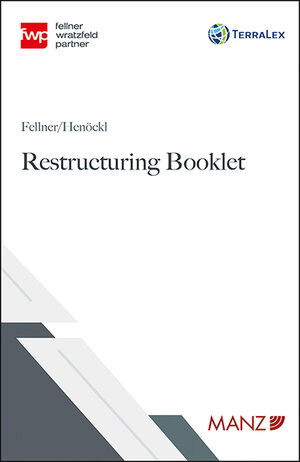The idea of restructuring companies at an early stage has become more widespread in recent decades. There has been a development from an insolvency law designed for liquidating companies to a restructuring law to preserve (viable) companies. Due to increasing international interdependencies in restructuring, especially in the restructuring of large companies, there is a multitude of possibilities to restructure according to the respective national legal (restructuring) framework. For this reason, in this Restructuring Booklet the individual national restructuring regimes are presented using the following criteria that could become relevant in practice for all stakeholders involved (i. e., debtors, creditors such as customers, suppliers and financial creditors, and also employees): Application, Prerequisites, Self-Administration/Restructuring Officer, Effects of the opening of the proceedings, Restructuring tools/Restructuring measures, New financing, Classes of Creditors, Approval, Publicity/Confidentiality, Special forms of restructuring proceedings and Recognition. Using these criterias the following individual national restructuring regimes are presented: EU: Austria, Czech Republic, France, Finland, Germany, Italy, NetherlandsSwitzerlandUnited KingdomUnited States This book is the result of practical work, which has shown more and more that restructuring can be implemented purely on a national level only in a few cases. Both the companies themselves and the crisis factors that companies are facing today have a large number of international aspects and interdependencies. This makes it all the more important in the respective (tailor-made) restructuring to use the advantages and avoid disadvantages of the respective national legal frameworks.
Nomos eLibrary / Restructuring Booklet | ISBN 9783214254759








